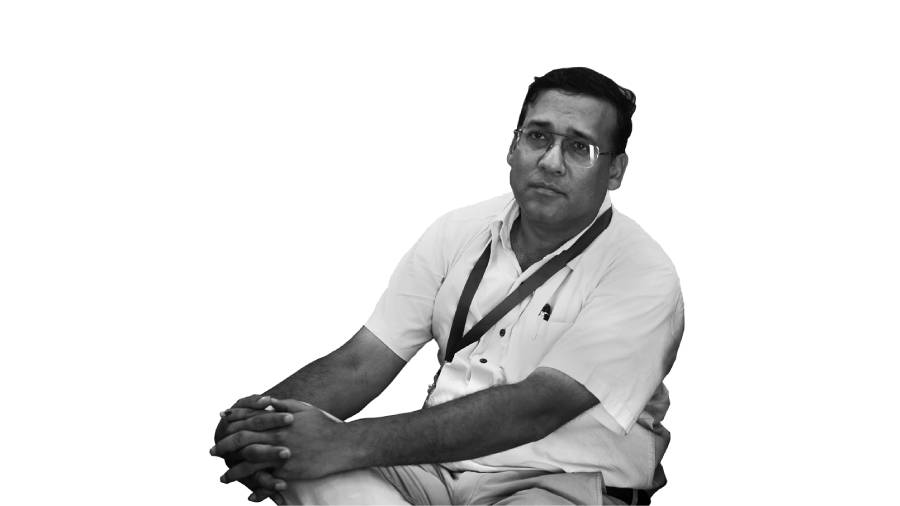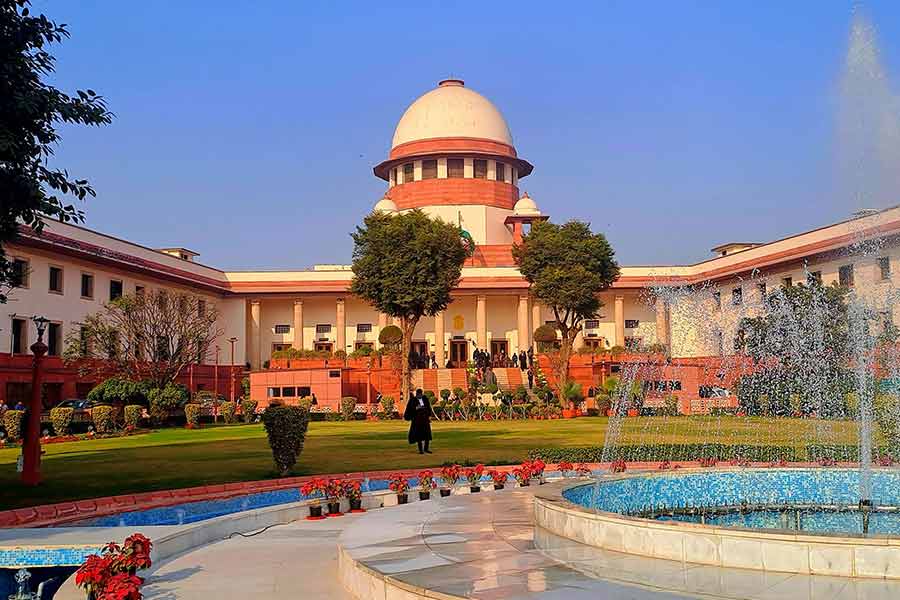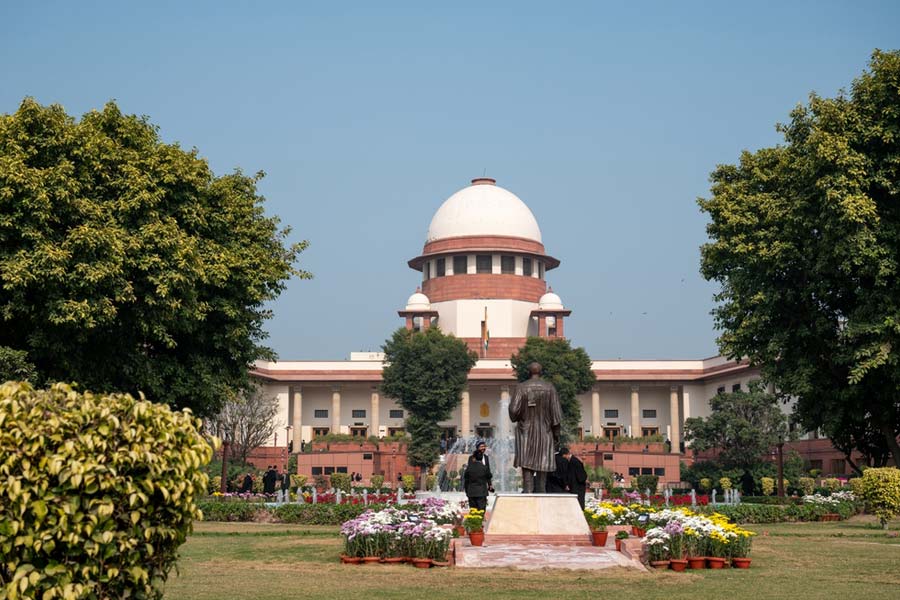Dr Fuad Halim contested from south Calcutta’s Ballygunge in the last Assembly elections, lost to Trinamul’s Subrata Mukherjee by 41,000 votes, and continued to make headlines. For? Well, for donating plasma for the seventh time through the pandemic-induced lockdown, for being the doctor who charged Rs 50 for a dialysis during this period. For the last 13 years, Dr Halim’s NGO Kolkata Swasthya Sankalp has been providing dialysis at Rs 350 per session through the year. Even in the run-up to the state polls, he did not participate in any election rally and meeting; instead, he campaigned to raise awareness on the pandemic.
Is Halim a doctor first or just another politician with a practice? The 50-year-old says, “From the time I was a child I wanted to be a doctor. That never changed. My days in student politics, my Left-oriented thinking made me a people’s doctor.”
Dr Halim’s father, the late Hashim Abdul Halim, had been Speaker of the West Bengal Legislative Assembly. Halim Sr had been in active politics for many years; the son too joined active politics in the late 1980 but his electoral debut came much later in 2011.
And it was only pre-2019 Lok Sabha elections that Dr Halim started making public appearances. Since then he has become a familiar figure on TV shows, conclaves and discussion forums. You are sure to find him in some TV square or platform holding forth on a variety of topics from “bribe for votes” to “Ram vs Durga” to “Bengal poll violence” to “The influence of Marxist philosophy on Bengali life and culture”. He is well-read, articulate and, when needed, he can drown out belligerent anchors.
We start talking about his experience of the pandemic. He begins by invoking Jonas Salk, the man who discovered the polio vaccine and didn’t charge a penny for its patent, then moves on to how medical knowledge is impotent unless it is practised on patients, and then talks about the large numbers of well-intentioned doctors in India, the cost barriers in a certain kind of medical practice and finally arrives at the “catastrophic health expenditure” of individuals across classes brought on by the pandemic.
He shares how in a “subset” of his patients he has observed a tendency to scrimp on medicines. “For medicines for blood pressure and blood sugar, which one has to take for a long period of time, what they have started to do is that instead of buying a strip of 10 tablets that costs Rs 20, they are buying five tablets.”
Dr Halim does not sound agitated; rather, his tone is impassioned, and one does get a sense — even over video call — how entwined his work is with his politics. He says, “I believe that health should be a right. If it is not a collective consumption it will never be equitably distributed.”
So where does he think India went wrong with the handling of the pandemic? Replies Dr Halim, “We are not adequately studying the China model of countering Covid-19.”
After the jab, comes the jibe. Dr Halim brings up the smallpox pandemic and how it was defeated collectively. He says, “In the 1960s, a very interesting debate took place. There was the socialist world on one side and the capitalist world on the other… One camp was saying that the market is the panacea for all human problems, and the other side was saying that the market is the problem that causes misery to all human beings. And the question that came up was what do you do with the smallpox vaccine... sell it or distribute it free of cost to everybody? At that polarised moment in history, the question was resolved in favour of the socialist camp.”
The doctor also cites the example of India’s polio eradication campaign; the camps, the door-to-door programmes. He says, “India failed (on tackling Covid-19 well) because there was no robust public health response, there was no public health infrastructure. America didn’t either. America’s failure and China’s success exemplify that in the market health infrastructure vs public health infrastructure scenario, the latter wins the day. India followed the half-baked American structure in its policies.”
Dr Halim is upset over the absence of public dialogue and discussion around the pandemic in India. “Religious philosophies cannot explain a virus. No religion, no non-scientific body can explain this small organism. It does not eat, does not breathe in, does not breathe out, and there is a deep link between the human genetic platform and the virus...”
At this point he is so animated that I start to wonder if the virus in question is indeed a virus or a metaphor for something or some rival political party.
And perhaps that is how we arrive at the question of his Muslimness. What does it feel like to be Muslim in this new India? Dr Halim says, “Primarily, being a Communist I think I have been ostracised from all directions. The evolution of anything progressive is put up for judgement. At this point of time, the most progressive thoughts come from the scientific community and that is very close to the Communist way of thinking.” He continues, “If you are asking me if I am being identified for my beliefs, then yes, I am definitely being identified by the entire cross-section for being a Communist. As that famous poet [Martin Niemöller] said, ‘First they came for the Communists’.”
Têtevitae
1970: Halim is born in Calcutta to Hashim Abdul Halim and Taj Halim
1989: Joins NRS Medical College, Calcutta
1996: Begins private practice
2001-2002: Joins a private hospital chain as a research fellow
2003: Resumes own practice at Kyd Street
2008: Floats an NGO that provides dialysis at a subsidised rate to the disadvantaged. It wins the Nasscom award for social innovation in 2009
2011: Contests Assembly elections for the first time from Ballygunge
2019: Loses from Diamond Harbour Lok Sabha Constituency by over six lakh votes to Abhishek Banerjee of the Trinamul
2021: Contests elections from Ballygunge once again and loses











